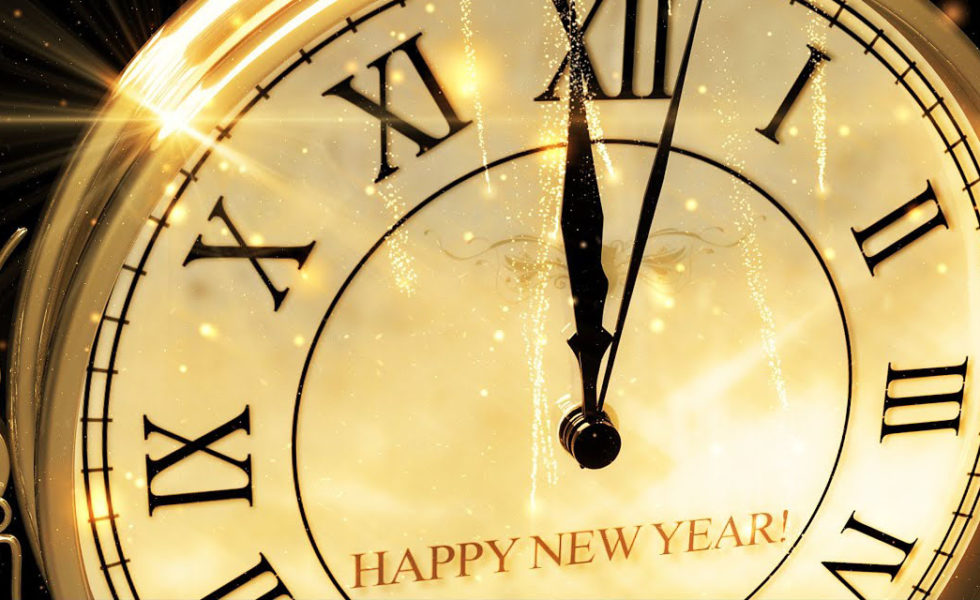
Watchnight Services: ‘A meaningful and remarkable blessing’
View Bishop Johnson’s New Year’s Greeting (above) and see the suggested Watch Night Service Liturgy (by Rev. Michael Johnson).
By Bishop Peggy A. Johnson
The founder of the Methodist movement, John Wesley devised a service of covenant renewal known as a covenant service in 1755. It was a time when the people called Methodists would reaffirm their covenant with God. Wesley drew some of the ideas about this service from the writings of the Puritans, who advocated for a complete dedication of self to God. Wesley called this “a meaningful and remarkable blessing.” He led these moments of dedication as he visited his various societies around England throughout the year.
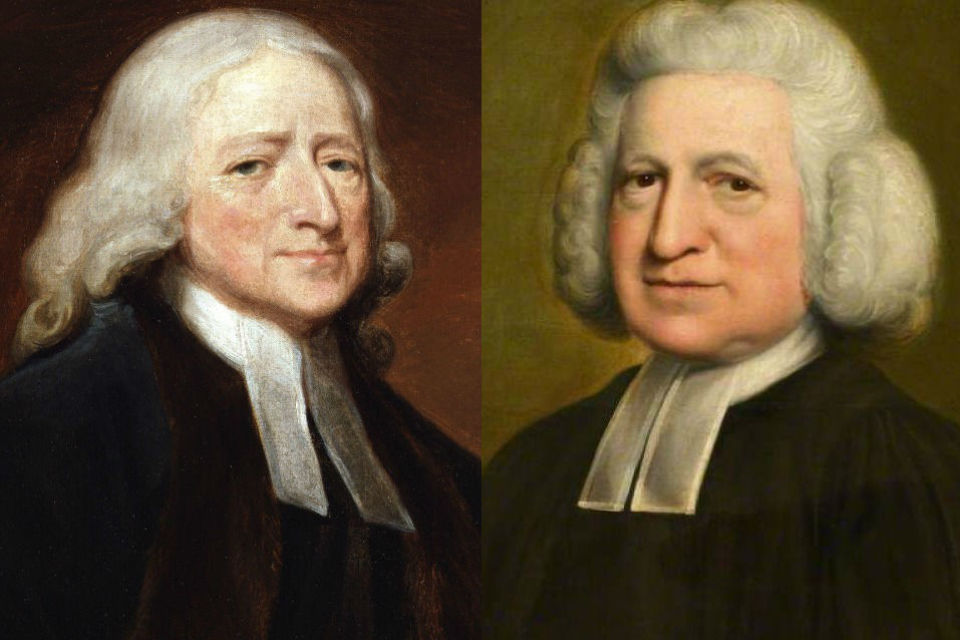
1. Wesley also advocated that a Covenant Service be held at year’s end and this was known as the “Watch Night” service. Methodists gathered to remember the old year with is failures and successes, and look forward to a new year with an eye toward hope and promise. Charles Wesley, the sweet psalmist of Methodism, wrote a hymn for this service “Come, Let us Use the Grace Divine.”
“Come, let us use the grace divine, and all with one accord
In a perpetual covenant join ourselves to Christ the Lord
Give up ourselves, thru Jesus’ power, his name to glorify
And promise, in this sacred hour, for God to live and die.”
2. This service included prayers, self-examination, testimonies, scripture reading, preaching, singing, and the Lord’s Supper.
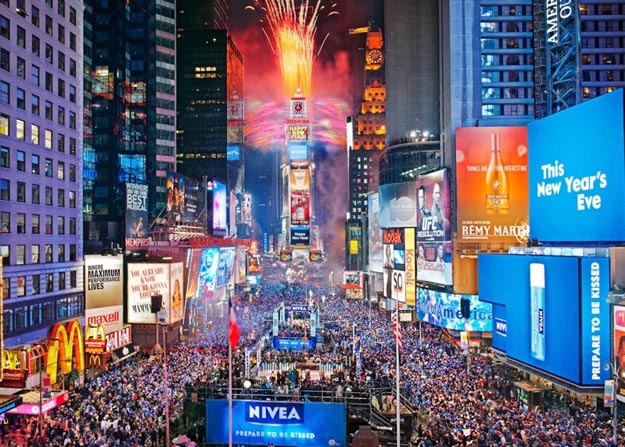
3. Growing up in a Methodist Church I remember vague allusions to a drop-in communion service on New Year’s Eve for about an hour in the early evening. I confess that my family stayed at home the rest of the night, watched the ball drop at Times Square, listened to some old band led by Guy Lombardo, sang “Auld Lang Syne,” and drank some non-alcoholic eggnog. Maybe that is the same for you. Thankfully, our roots of Methodism call us back to the true meaning of how Christians observe year’s end and year’s beginning. I would encourage you to do so this year.
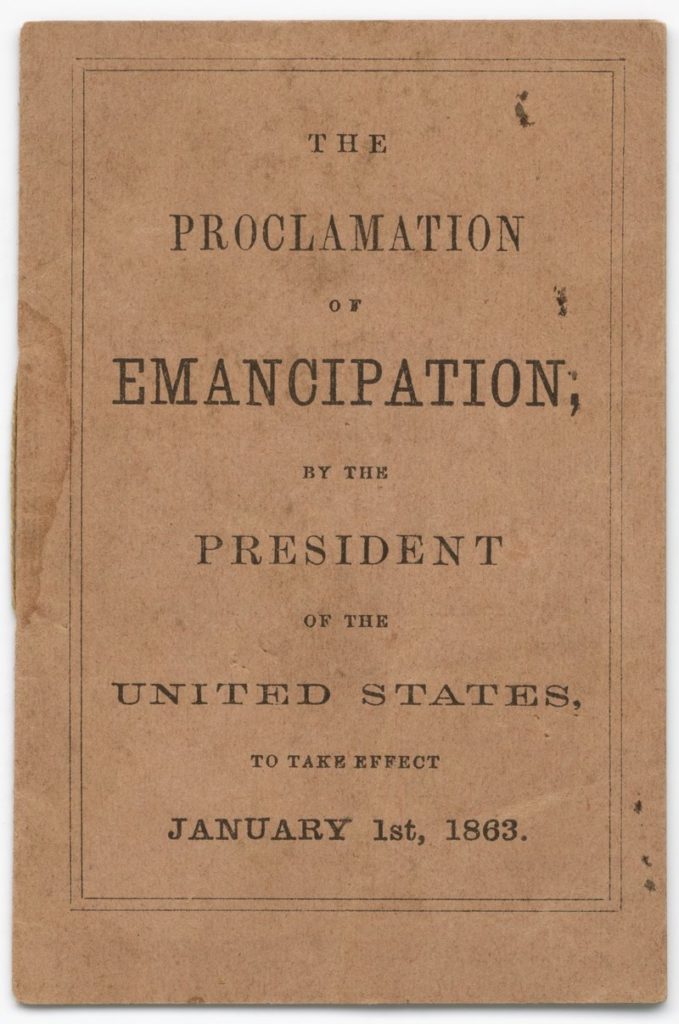
4. There is more, I must confess. When I arrived in the Philadelphia Area in the fall of 2008, I was eager to be everywhere and go to every church as soon as I could to get to know people and learn about the ministries. When December rolled around, I searched the website for Watch Night services at churches in my new area. That is when I came upon a “Freedom’s Eve” service happening in one of the African American churches. Growing up in a white, Euro-Centric bubble, I never knew the true history of the horrors of slavery or about the deep significance of January 1, 1863. I learned for the FIRST TIME that for African American churches the Watch Night Service was an anticipatory celebration of the Emancipation Proclamation that came into effect inthe Confederate states on January 1, 1863. The night before was a special service of thanksgiving for the coming of freedom and liberation. Though far from total freedom at the stroke of mid-night, it was a beginning, a moment when history began to turn.
5. Sadly, the wheels of progress in the area of freedom and liberation for people of color have moved painfully slow. Still today, evidence of discrimination, white supremacy, and institutional racism are many in our country and sadly in our church. But we are a people of hope and every day we can strive to do something to continue the path to freedom and equality for all people.
6. As we come to the year’s end and a new year’s beginning it is urgent that we dedicate ourselves anew to God and God’s liberating work in the world to the end that all may be a part of the “beloved community.”
7. The Council of Bishops of the United Methodist Church at their fall meeting covenanted together to do the following:
- Create space for narratives of integrity and truth while resisting narratives of fear and division/othering. (This includes learning the long and painful history and reality of people of color nowadays)
- Move toward pain, injury and harm (This means entering into places where people have been hurt and doing something to help, including repenting of past practices of racism)
- Be willing to be discomforted in order to be faithful witnesses (This means having difficult conversations with people who either by ignorance or willful pride refuse to see the pain this society has inflicted)
- Live as people of relentless hope. (Believe that every day you can do something to make things better and celebrate every victory).
Read: UMC Bishops call for optimism and hope in 2021
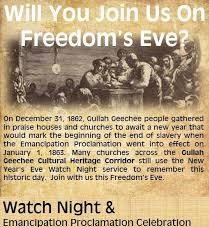
8. People of the Eastern PA and Peninsula Delaware Annual Conferences, lay and clergy, I call you to observe Watch Night this year, by Zoom, by private prayers at home, in whatever way you can do so safely. There is a Watch Night Service attached here (by Rev. Michael Johnson) that you may want to use. But no matter how you observe Watch Night, remember the following:
- Take time in self-examination and prayer, asking God to reveal to you places where you have strayed from full surrender of self.
- Ask God to call to mind the people you need to apologize to and the people you need to forgive.
- Ask God to lay on your hearts ways that you can promote freedom and equality for all people in the year to come.
- Lift up our nation and our world, remembering God’s grace this year and pray for peace and prosperity for all in the future.
- Rededicate yourself to God and God’s work so that in everything you do, God may be glorified
9. It has been a challenging year in many, many ways, but best of all, “God has been with us.” God has been “our help in ages past” and will continue to be our hope in the years to come. Dedicate yourself to be a fully surrendered servant of God in 2021.
View Bishop Johnson’s New Year’s Greeting and see the suggested Watch Night Service Liturgy (by Rev. Michael Johnson).
Also, watch Wesleys Take the Web: Watch Night
In this installment of UM Communications’ modern animated series, which features the brothers who founded Methodism, John and Charles Wesley write down bad habits and recommit to God through the tradition of Watch Night.
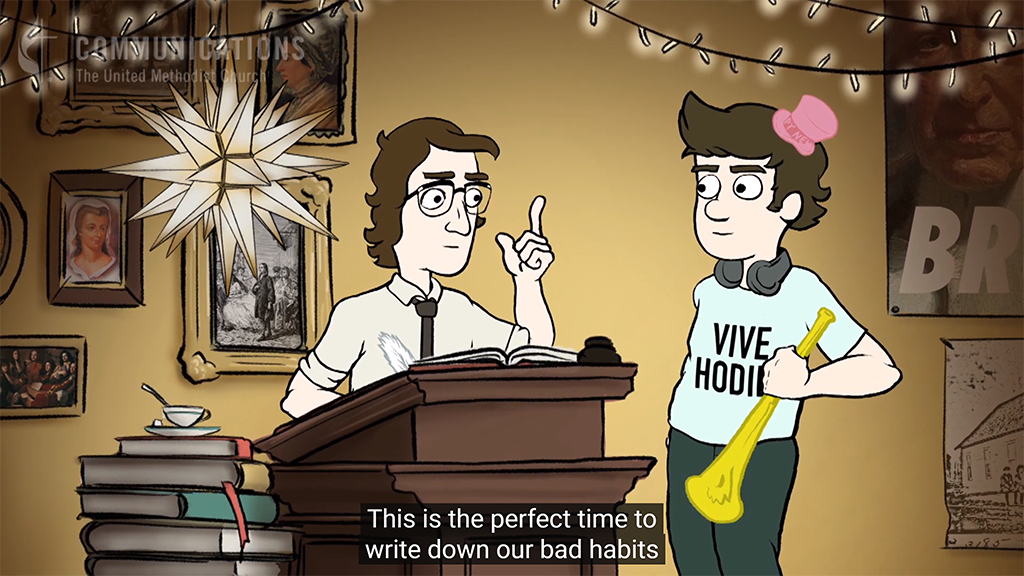
Resources for Watchnight 2020
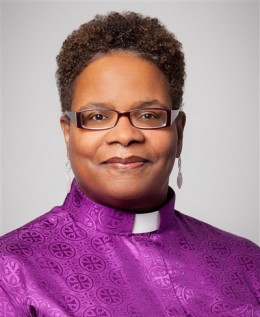
Churches Uniting in Christ, an ecumenical organization of mainline American denominations, including the UMC is offering resources to teach congregations about “Watchnight,” a traditional service in historically Black churches that gathers members in unity to welcome in the new year. One of the resources is a preaching video featuring United Methodist Bishop LaTrelle Easterling of the Baltimore-Washington Conference, preaching from Luke 17:1-6.
Other resources include: a link to an updated Encyclopedia Britannica article; a link to Journey Proud, a 26-minute documentary video on the meaning and celebration of Watch Night, produced by the National Endowment of the Arts in August 2017; a chapter on Watchnight (including a litany) from a book on African American special occasions; and a litany for Watchnight/Freedom’s Eve. View Watch Night Sermon video and read overview. See resources.
